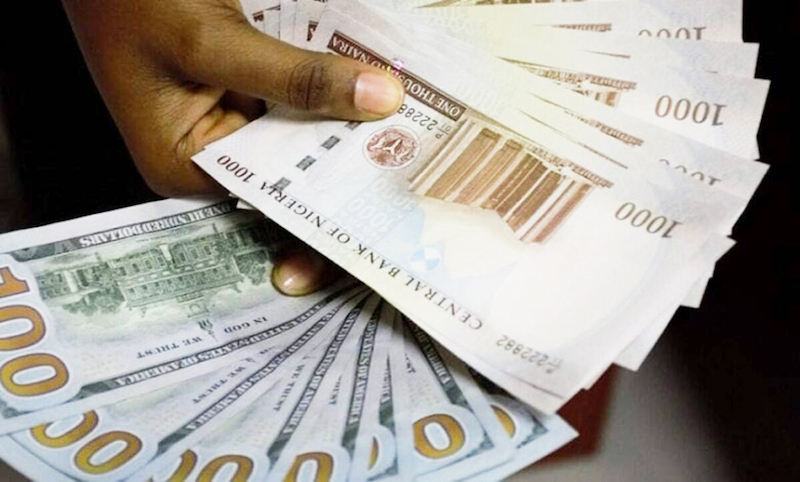Latest Headlines
Analysts: Frequent OMO Auctions Raise Bright Prospect of Higher Naira Value

Festus Akanbi
As the Naira continued its rebound against the dollar on Friday, strengthening to N950/$ on the average in the parallel market, financial market analysts said that the Central Bank of Nigeria’s (CBN) decision to increase the frequency of the Open Market Operation (OMO) last week will further raise the value of the naira amid the resolve to dry up system liquidity and make the nation’s economy attractive to foreign portfolio investments.
Last week, the CBN started clearing parts of its outstanding FX backlogs, beginning with the banks that make up a smaller portion of the total outstanding FX forwards.
Simultaneously, the CBN conducted an OMO auction on October 30, selling N400 billion across three tenors, with the 365-day bill closing at 17.50 per cent (annualised: 21.20 per cent).
The CBN auctioned another OMO bill on November 1, (two days later), selling instruments worth N77.20 billion. The stop rate averaged 15.36 per cent across the three tenors, with the 365-day bill closing at 17.98 per cent (effective yield: 21.91 per cent). OMO is principally used to mop up or inject liquidity into the system as a strategy for monetary management by the Bank.
Reacting to the development, analysts said that the body language of the current management of the apex bank shows it might adopt frequent use of OMO going further.
On their part, analysts from Cordros Capital explained that the overall expectation is to make naira assets more attractive and to attract more portfolio investments.
“Irrespective of how frequent the OMO auctions become going forward, we think the aim is to serve dual functions of mopping up system liquidity and attracting FPIs.
In the company’s weekly report, made available at the weekend, the analysts stated, “As system liquidity dries up because of the frequent OMO auctions, local yields will increase, making naira assets more attractive. At the same time, it is essential to note that the CBN’s settlement of outstanding matured FX forwards does not indicate FX intervention, but the apex bank just honouring its past FX obligations. Overall, these two actions by the apex bank show its renewed determination to solve the challenges stoking the existing FX liquidity constraints.”
Also last week, the Managing Director of Airtel Africa Plc, Mr. Olusgeun Ogunsanya ruled out further devaluation of the Nigerian currency, lending credence to the position of financial analysts on the current efforts being put in place by the CBN.
Ogunsayo, quoted by an agency report disclosed: “I do not think we are going to have another massive devaluation from where we are now like we had in our first quarter. The devaluation after the first quarter has not been as massive”.
Policy instruments used to achieve price and financial system stability objectives include the Monetary Policy Rate (MPR), and other intervention instruments such as Open Market Operations (OMO), Discount Window Operations, Cash Reserve Ratio (CRR), and Foreign Exchange Net Open Position (NOP) limit.










